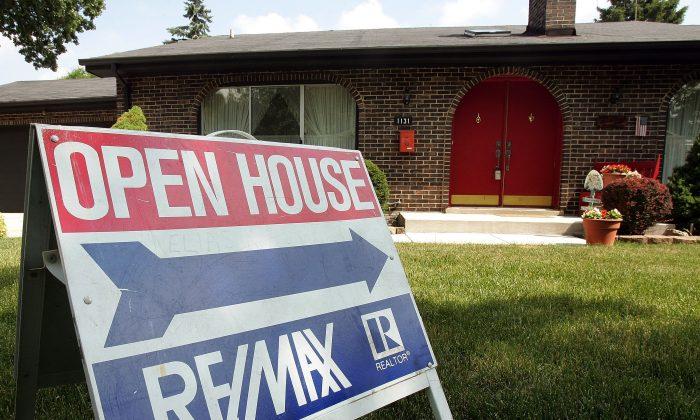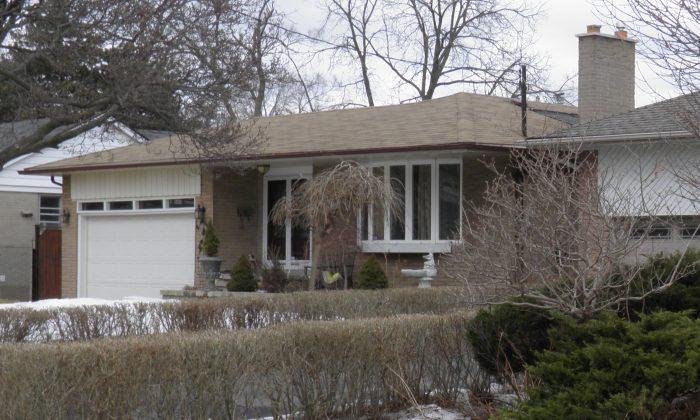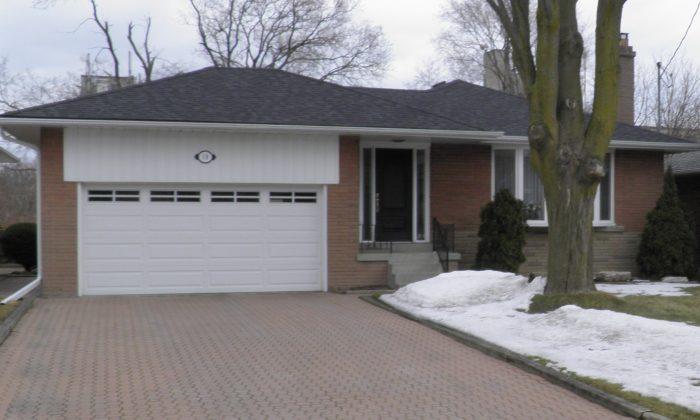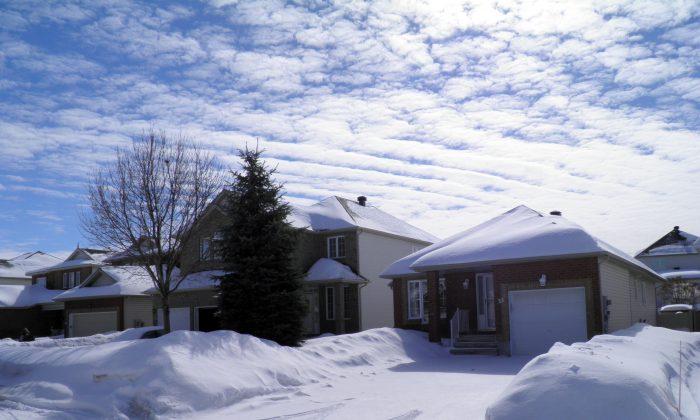Canada’s housing market has found solid ground.
The latest home sales data released by the Canadian Real Estate Association (CREA) on Aug. 15 showed a year-over-year increase of 9.4 percent from July 2012.
This was when the federal government introduced measures for government-insured mortgages with loan-to-value ratios over 80 percent that essentially beat down the housing market for the subsequent several months.
While the 9.4 percent should be taken with a grain of salt as it is based on a lower starting level in July 2012, the month-over-month figure of an increase of 0.2 percent from June to July, while modest, is the fifth consecutive month of rising home sales.
“Sales dropped sharply in August last year, so we may see some year-over-year increases in sales and average prices next month that would reflect weakness in the rear view mirror,” said CREA’s chief economist Gregory Klump.
BMO senior economist Robert Kavcic writes in a research note, “Sales have rebounded 11 percent from their February low and now sit almost right in line with the 10-year average.”
The rebound has been notable, but the first seven months of 2013 show home sales of 4.6 percent less than the first seven months of 2012.
CREA also reported that the Multiple Listing Service (MLS) Home Price Indicator (HPI) rose 2.7 percent year over year in July. This increase was due in large part to gains in Canada’s most pricy market, Vancouver, at 13.5 percent.
Vancouver is turning into a story unto itself, with sales up nearly 40 percent year over year—a housing market resurrection. Month over month, Vancouver’s home sales increased 11 percent while home sales in Toronto increased 4 percent.
Part of the reason for only a 0.2 percent increase nationally in July is the falls in Halifax, Winnipeg, and Ottawa, at 6.4, 5.4, and 4.2 percent, respectively.
The actual (not seasonally adjusted) national average price for homes sold in July was $382,373, an 8.4 percent increase from July 2012. Vancouver’s price increases are skewing this figure.
Housing Starts
On Aug. 9, Canada Mortgage and Housing Corp. reported that nearly 193,000 dwellings were started on an annual basis for July. This figure, while slightly lower than in June, is still strong as it is well above the 175,000 average in the first four months of this year.
The housing starts figure is consistent with the gains reported in home sales and price appreciation, but National Bank’s analyst Marc Pinsonneault expects 185,000 housing starts in Canada for 2013. The slowdown is expected to come from the Greater Toronto Area.
“The number of unsold new condo apartments was historically high in Q2 in the GTA,” Pinsonneault writes in a research note.
We have come through a busy period of housing data in Canada including starts, price index, and sales. All of it continues to point to a housing market on a stable footing.
And while the federal government has taken steps to slow it down, such as reducing the amortization term to 25 years from 30 and lowering the amount Canadians can borrow when refinancing their homes for government-insured mortgages with loan-to-value ratios over 80 percent, those measures seem to have had only a temporary effect.
The growth in home prices and home sales seems to have absorbed the government-imposed restrictions and is ready to move forward. The next big question will be how quickly mortgage rates rise due to Canadian bond yields getting pulled higher by U.S. bond yields and the oversupply in key markets like Toronto.
Already the Canadian five-year bond yield has risen close to 0.15 percent since the start of the month. Mortgage rates won’t ignore this rise for too long, but at least for now, the housing market is moving in the right direction.





Friends Read Free